WHO (World Health Organization) recently came up with an astounding report. Its report claim that the consumption of salt is a major reason behind many health-related issues. Furthermore, its report also claims that if necessary steps are not taken, then in the upcoming seven years, about 70 lakh people will die. How? Via the health issues because of salt consumption. From 14th march to 20th march, World Salt Awareness Week is celebrated. Therefore, it is undoubtedly an appropriate time to talk about it. Here are some of the interesting questions pertaining to WHO’s report, whose answers are given by some Indian experts. Be it Anju Vishwakarma (dietician) from Bhopal, Dr. Harjeet Kaur (dietician and nutritionist) from Amritsar, or Neha Pathaniya (chief dietician) from Gurgaon here is everyone’s opinion combined. Read on to enlighten yourself.
Why Is Salt Required In Our Body?
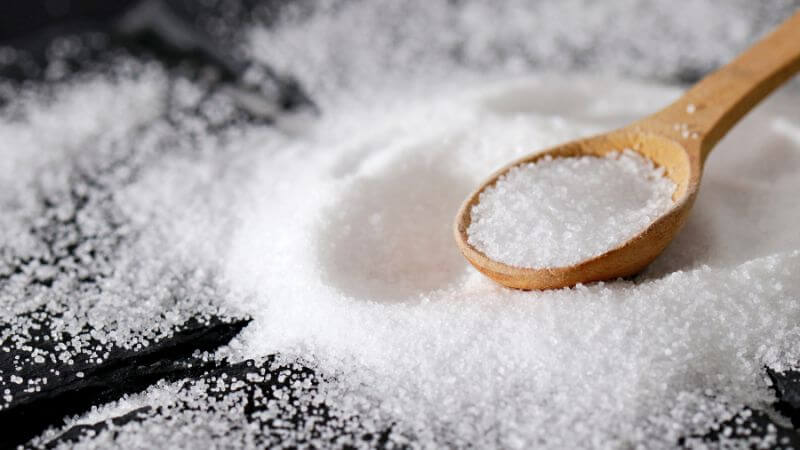
Salt contains Sodium as well as Potassium. From maintaining the perfect water level in our body to the necessary oxygen level, Sodium plays a pivotal role. Furthermore, it helps provide energy to our vascular health, aka nerves. Consequently, instead of answering this, another follow-up was about the drawbacks of not eating salt at all. To this, the experts gave some pointers.
- One can become prey to low blood pressure.
- One can become the prey to type 2 diabetes.
- Weakness and puking can follow up.
- Brain and heart-related problems like swelling could occur.
- Furthermore, because of swelling, headaches and problems like seizures could occur.
- With no intake of salt, the circulation of blood to the required organs may disrupt.
- LDL Cholesterol may increase up to 4.6%.
Therefore, the required and balanced amount of salt in the body is very much necessary.
What Is The Consumption Of Salt By One Person?
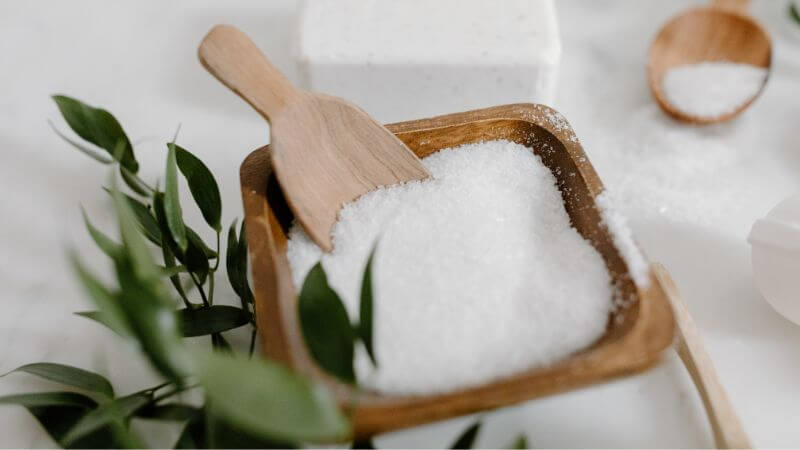
As per WHO, worldwide, people consume about 10.8 grams of salt daily. Furthermore, saying that it is much more than the necessary amount would not be so wrong. Consequently, the experts, as a follow-up, share the negative effects of extra salt consumption.
- Hairfall.
- Swelling in the kidney.
- Increase of water retention in the body. This leads to the unnecessary storage of water inside the body.
- Furthermore, health issues like Osteoporosis may follow.
- Heart diseases, high blood pressure, as well as stroke may follow.
Therefore, again, it is essential to maintain a balanced intake of salt.
What Amount Of Salt Should Be Consumed By A Healthy Person?
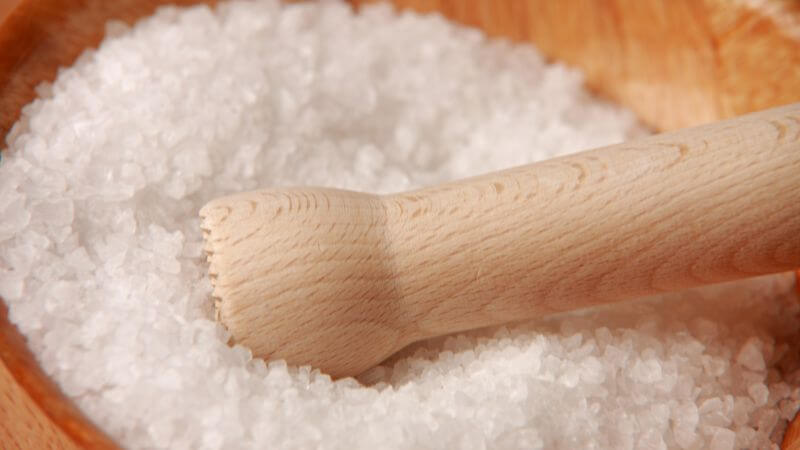
Everyone one person must consume about 5 grams of salt. A small teaspoon of salt should be there in every meal of yours. Not more than that, not less than that. Furthermore, people already suffering from issues like kidney, heart, etc., must consult their doctors. The reason being their required consumption may vary more.
Furthermore, symptoms to know your consumption is more than required are swelling of body parts, more need to drink water, more urge to urine, feeling unfit, sleeplessness, etc.
What Is The “Reducing Salt Consumption To 30%” Policy Of WHO Says?
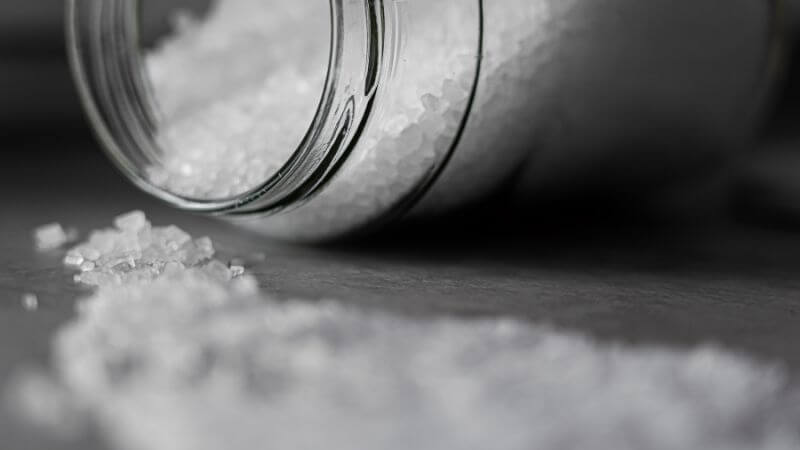
WHO aims to,
- Aware people of the drawbacks of extra salt consumption from around the globe via campaigns in every country.
- Furthermore, it aims to reduce the quantity of salt in packed foods. Thereby making the buyers aware of the quantity they possess.
- It also aims to expand this awareness scheme not just to countries but also to states so that more people would be more aware.
- It also aims to provide less salty food items to public institutions like schools, hospitals, as well as offices, etc.
WHO has also made a scorecard via which it ranks countries that have been working towards reducing the consumption of Sodium. India as a country has been given the scorecard 2. Scorecard 2 is for the countries that have been strictly working towards lessening sodium consumption, thereby also making their people aware.
More Suggestion By Experts
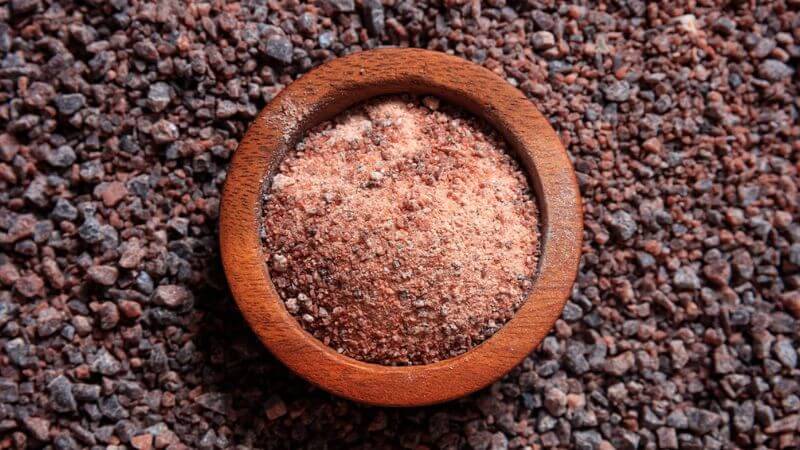
One major suggestion the experts give to lessen salt consumption is to substitute with it lemon. Furthermore, they also say to increase the intake of tomatoes in your salads. They tell you to completely abandon putting more salt in the food as you sit to eat it. Uncooked salt is more harmful than cooked one as its structure does not changes. Therefore, make sure to always avoid it.
Experts shared how during pregnancy also, women should avoid extra salt consumption. Sure, there are extra cravings in women during that time. Be it eating tangy food or salty. However, it can create issues for the child. Therefore, the consumption of salt should again be balanced.
To check your sodium and salt consumption level, one should always resort to a dietician or nutritionist. Plus, every now and then, one should also do a blood test to be more updated about things.
What Type Of Salt Is Best Suited To Consume?
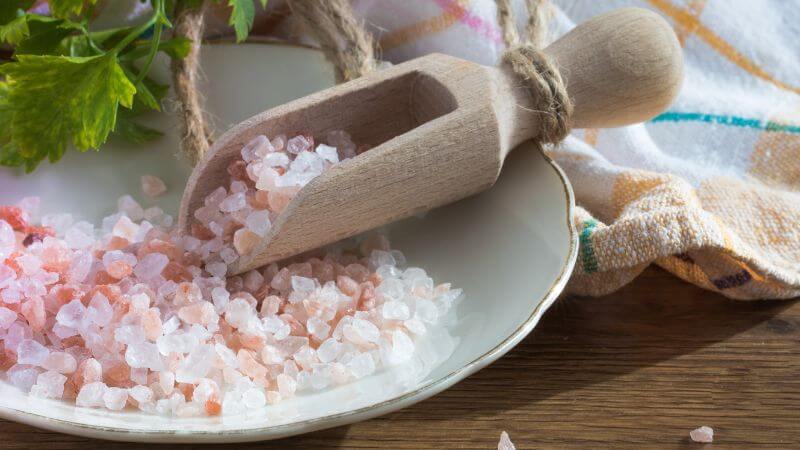
Experts share that out of the white salt, black salt, and Rock salt (Sendha Namak), the best one is the Rock salt. Why? Because it is completely natural. Furthermore, some significant benefits include,
- Consuming it in lukewarm water helps to be free from dehydration and tonsils.
- Using it when you cook food helps you to be free from acidity and gas-related issues.
- Using it as you take a bath also helps you to be free from swelling.
- Skin diseases, colds, coughs, and blood pressure issues are also solved.
- It contains zinc, iron, and manganese, which are beneficial for the body.
Again, its consumption should also be checked and balanced. However, out of all the salts, it is really the best.
Follow Us: Facebook | Instagram | Twitter |
Youtube | Pinterest | Google News |
Entertales is on YouTube; click here to subscribe for the latest videos and updates.














